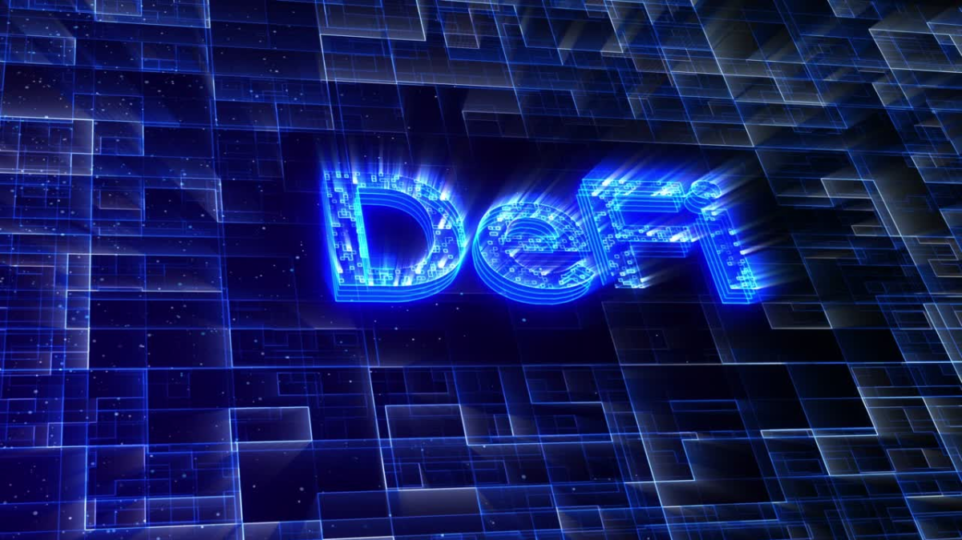Decentralized Finance (DeFi) is a rapidly growing movement that aims to revolutionize the financial industry by leveraging blockchain technology. Unlike traditional financial systems, which rely on intermediaries like banks and financial institutions, DeFi platforms operate on a decentralized network of computers, eliminating the need for central authorities. This decentralized nature offers several advantages, including increased transparency, security, and accessibility.
Key Components of DeFi
At the core of DeFi are smart contracts, self-executing contracts with terms directly written into code. These contracts ensure that agreements are carried out automatically and transparently, reducing the risk of fraud and eliminating the need for intermediaries. Other essential components of DeFi include:
- Decentralized Exchanges (DEXs): Platforms that allow users to trade cryptocurrencies directly with each other, without the need for a central exchange.
- Lending and Borrowing Protocols: Platforms that enable users to lend and borrow cryptocurrencies without intermediaries.
- Stablecoins: Cryptocurrencies pegged to a stable asset, such as the US dollar, to mitigate price volatility.
- Yield Farming: A process of providing liquidity to DeFi protocols in exchange for rewards.
Benefits of DeFi
DeFi offers several advantages over traditional financial systems, including:
- Increased Accessibility: DeFi platforms are open to anyone with an internet connection, regardless of their location or financial status.
- Enhanced Transparency: All transactions on DeFi networks are publicly visible on the blockchain, providing greater transparency and accountability.
- Improved Security: Smart contracts can be audited and verified, reducing the risk of fraud and hacking.
- Financial Inclusion: DeFi has the potential to provide financial services to millions of people who are currently underserved by traditional banks.
Challenges and Considerations
Despite its many benefits, DeFi is not without its challenges. Some of the key considerations include:
- Volatility: The cryptocurrency market is highly volatile, which can impact the value of DeFi assets.
- Complexity: DeFi protocols can be complex to understand and use, potentially deterring some users.
- Regulatory Uncertainty: The regulatory landscape for DeFi is still evolving, which can create uncertainty and legal risks.
- Scalability: As DeFi grows in popularity, scalability challenges may arise, affecting transaction speeds and costs.
Impact on Traditional Finance
DeFi has the potential to disrupt traditional financial systems in several ways. For example, DeFi lending platforms could compete with traditional banks for loan business, while DEXs could challenge the dominance of centralized exchanges. Additionally, DeFi could accelerate the adoption of cryptocurrencies and blockchain technology, leading to a more decentralized and efficient financial system.
In conclusion, Decentralized Finance is a rapidly evolving field with the potential to transform the financial landscape. While there are challenges to overcome, the benefits of DeFi, including increased accessibility, transparency, and security, make it a compelling alternative to traditional financial systems. As DeFi continues to mature, it will be interesting to see how it shapes the future of finance.


